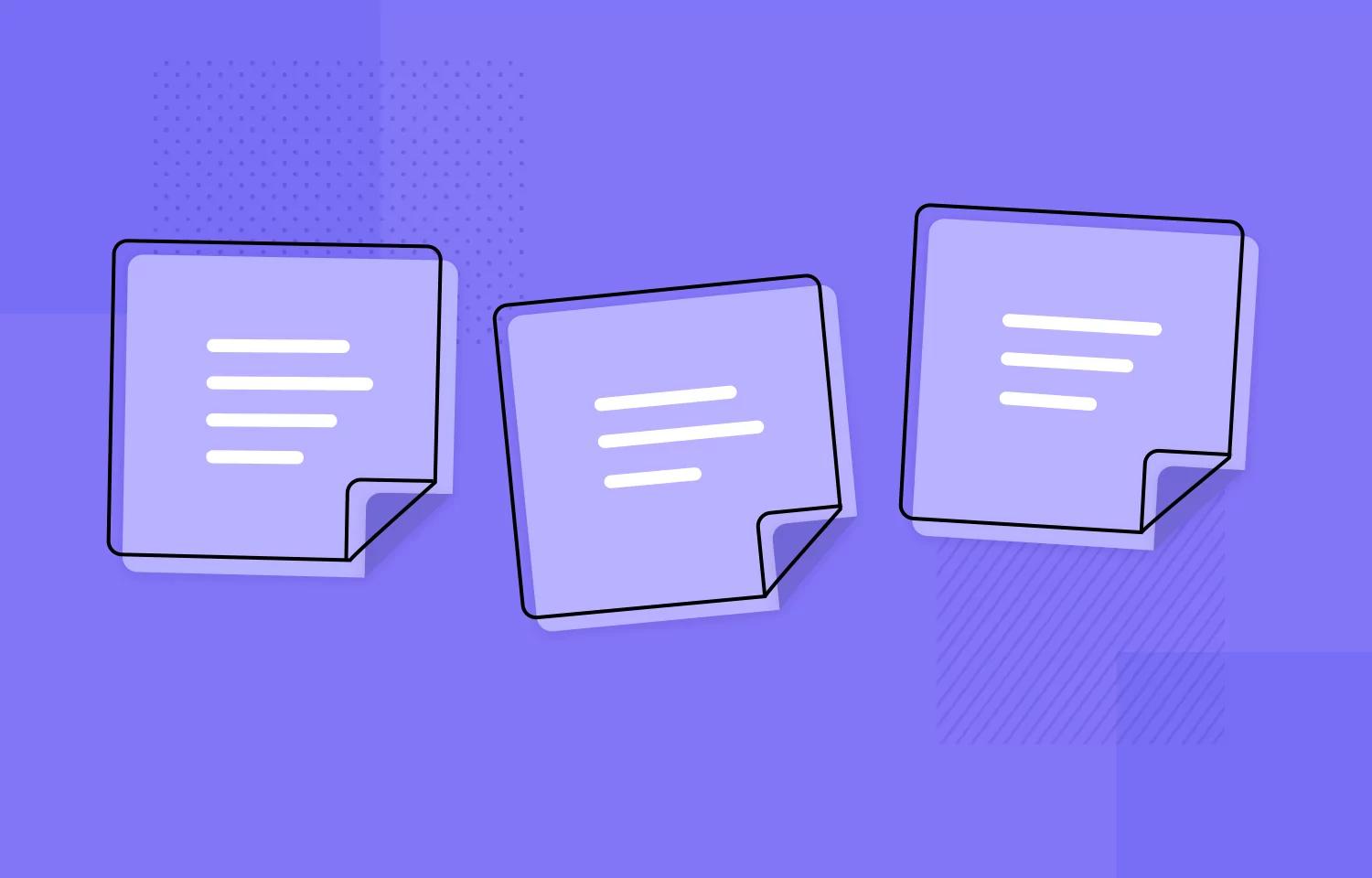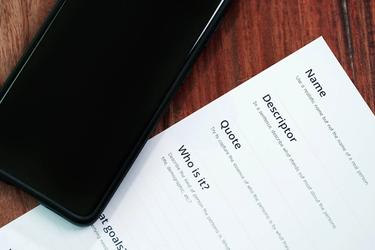
Photo by Pickawood via Unsplash
Scenarios Method
Scenarios are stories that describe a specific user's context and motivations for visiting a website or app. Scenarios capture user expectations and goals, and can help to define the possible ways those goals might be achieved with particular product.
Scenarios work hand-in-hand with user personas. Scenarios help teams consider both how the same user’s needs might vary depending on their context and how a diverse group of users in the same scenario might have different needs. This helps teams create more usable products and websites, and helps them engage with product accessibility and inclusivity affordances in meaningful ways.
Preparation
Scenarios is often more effective when it is informed by these complementary methods.
-

Task Analysis
Observe users in action to understand how they perform tasks to achieve goals
-

Stakeholder Interviewing
Understanding the perspective and influence of those invested in a project's success
-

Contextual Interviewing
Observation of users performing tasks in their own environment
-

User Interviewing
Understand the tasks and motivations of the user group for whom you are designing
Steps
- Select a set of personas or user groups to focus on. Consider what scenario(s) might be the most critical for that user, including scenarios in which users may face limited accessibility.
- For each user, list out their goals and motivations and the context and environment in which they interact with your product, service, or website.
- Format the information you captured in step 2 into a story that includes who, what, and where details, and describes how the user goes about accomplishing his or her goals.
- Share user scenarios with relevant user groups and team members and gather feedback to use to refine and improve your scenarios.
- Examine your product, service, or website in light of these user scenarios and identify opportunities to make adjustments that would improve users’ experiences.
Outcomes
Scenarios typically produces insight and solutions focused on these areas:
-
User Behavior
Information about how users currently use a site, service, or resource.
-
Success Metrics
Clearly defined measures of success for a project or product.
Resources
Next Steps
References
Scenarios Method details last edited on 2022-02-18


